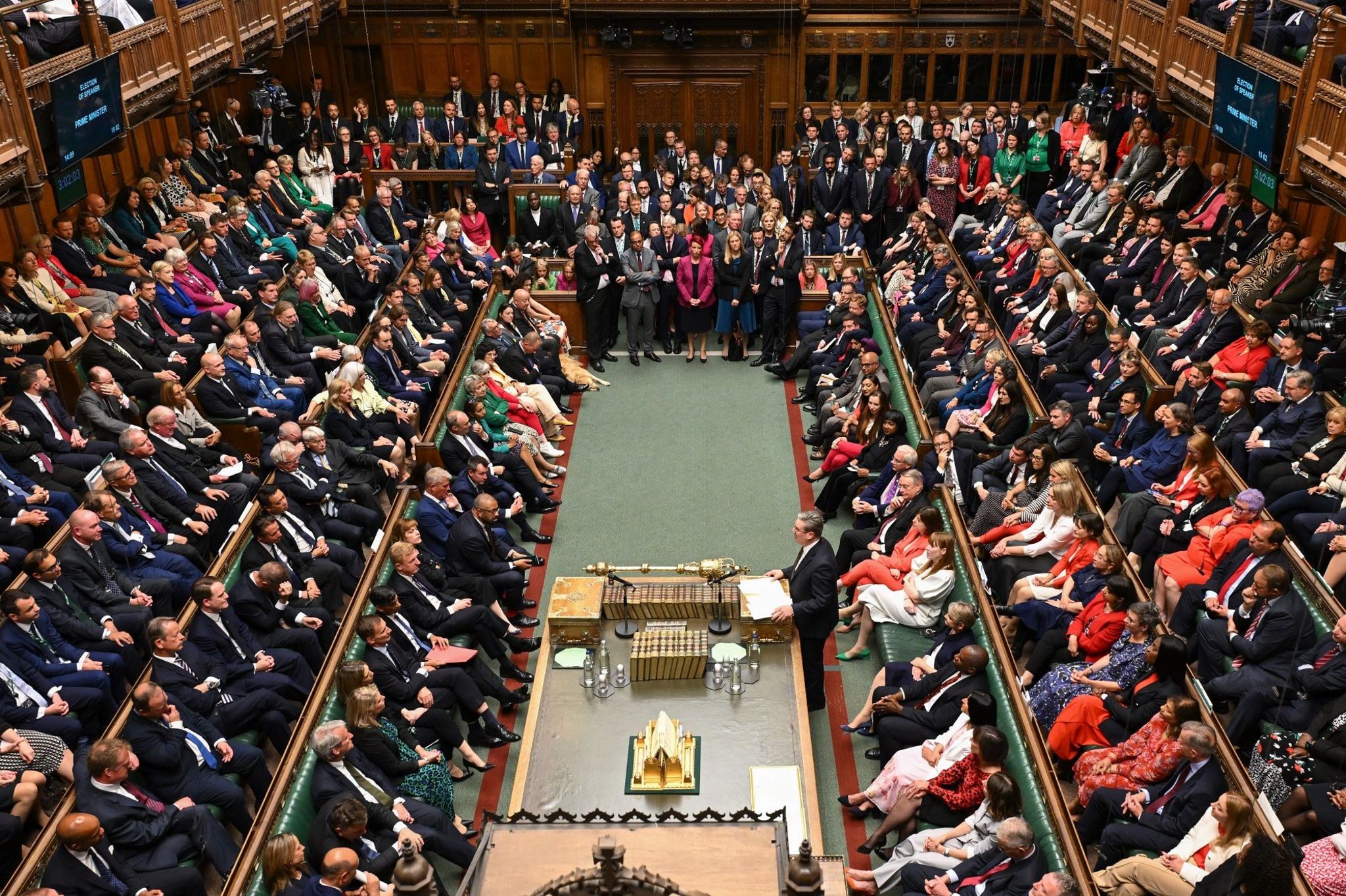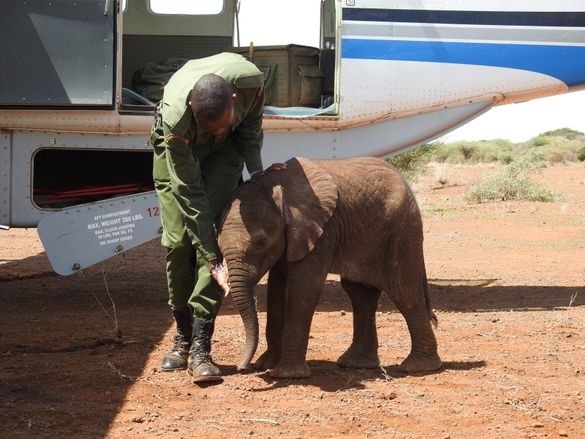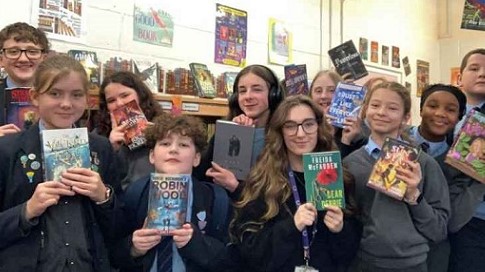Elephant Gin launched in 2013 when Founders Tessa and Robin Gerlach created a range of premium, handcrafted gins following their adventures in Africa. Keen to give back to the continent that has inspired them, 15% of bottle profits have been donated to the endangered African elephant since inception.
Summer 2022 sees two major new milestones for the independent, London and Berlin based brand: the announcement of one million Euros raised for African elephant conservation to date, and the launch of the Elephant Gin Foundation (www.elephantginfoundation.org), an independent platform for a sustainable, longstanding commitment to wildlife protection.
Headquarted in London, the Elephant Gin Foundation is a non-profit foundation dedicated to protecting African wildlife, with a particular focus on elephants and the preservation of their habitats. The new charity enables Tessa and Robin to generate further attention to the plight of African wildlife and additional funds for these important projects.
Elephant Gin's customers and supporters will now be given the opportunity to donate to wildlife protection projects directly, and they'll also be able to choose which projects they support. Elephant Gin will continue to donate 15% of bottle profits, which will now flow directly into the Elephant Gin Foundation, who will manage distribution of funds.
Every year more than 35,000 elephants are shamelessly killed because of uncontrolled ivory poaching; that is one every 15 minutes. This is why Elephant Gin donates 15% of their bottle profits to elephant conservation projects.
Tessa Gerlach comments, “If we want future generations to continue to experience African nature and its wild animals, then we as a society urgently need to take responsibility. The Foundation allows us to manage, and become active in, charitable projects independently of Elephant Gin. We can report more transparently and bind partners and customers more closely to the projects we select.
“As Elephant Gin grows internationally as a gin brand, our commitment to the protection of African elephants grows too; the foundation umbrella allows us to keep a clear focus on both goals. The 15% that Elephant Gin has invested per bottle since the company started has not changed, and as the Founders of the foundation, Robin and I continue to stand behind all decisions.”
The foundation's efforts will be focused on the following three threat factors:
- Poaching - commercial trade in ivory
Over the past 50 years, elephant populations have declined drastically due to poachers hunting elephants for their ivory. Even today, with ivory banned from sale in much of the world, there are regular discoveries of elephants that were killed for their ivory
- Loss of natural habitat
Africa is experiencing tremendous population growth; large parts of elephant habitat have been taken over for farmland and new infrastructure. The land which has been lost is fragmented, meaning elephant populations have been separated, with no easy path to roam. As a result, the genetic exchange decreases and it is more difficult for individual animals to migrate from densely populated regions to more sparse areas
- Human-wildlife conflicts due to increasing population, further narrowing elephant habitats
Due to the fragmented land elephants are left to graze, they are forced to travel long distances in search of food; it is becoming more difficult to create safe corridors from one food island to another. The cultivation of crops, especially corn, attracts elephants, who repeatedly plunder the farmers' fields. A whole year's harvest can be lost in one night.
With the funds generated through bottle sales and fundraising events, Elephant Gin has been able to help ensure that no elephants were poached in the sanctuaries of their partner organisation, Big Life Foundation, in the last three years. More specifically, the funds have contributed to:
- Funding 55 Big Life Foundation rangers who patrol the bush, day in and day out, to protect elephants from poachers
- Ongoing support for the Sheldrick Wildlife Trust, known as the most successful orphan elephant rescue and rehabilitation program in the world
- Continued sponsorship of 25 orphaned elephants by the Sheldrick Wildlife Trust
- Establishment of “The Wildlife Spirit” – an education centre focused on teaching local youth and adults about wildlife conservation and giving visitors the opportunity to learn about elephants and their importance to the ecosystem; as well as the Nairobi-based Sheldrick Wildlife Trust
- Securing corridor projects
- Support for research projects (Elephants without Borders)
Quality, tradition, a love of experimentation and an awareness of responsible, fair, and meaningful business practices are standards that Elephant Gin has strictly adhered to since the company was founded. Tessa and Robin were adamant that their fundraising would have a meaningful and tangible impact, visiting and maintaining constant dialogue with the foundations they support.
Tessa comments of the €1million milestone; “What we have been able to achieve for wildlife conservation in Kenya is not only thanks to our dedicated local partners, but also to our wonderful supporters. We are very proud of the outstanding achievements to date.
“But, if we don't continue to do everything we can to support local organisations in their vital work, African elephants will be extinct by 2040. So, while we celebrate our fundraising success and all those who remain loyal to us on this path, we remain motivated and are steering full steam ahead towards the next million.”











